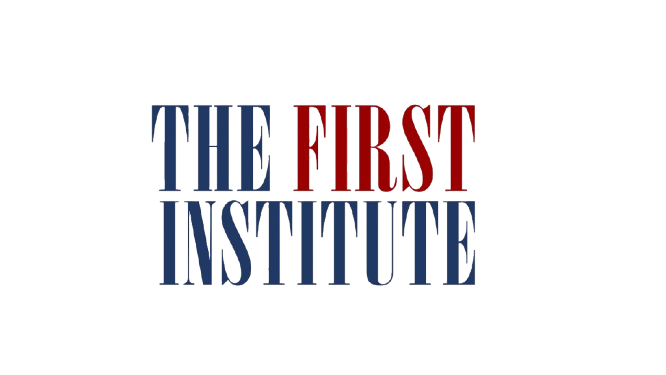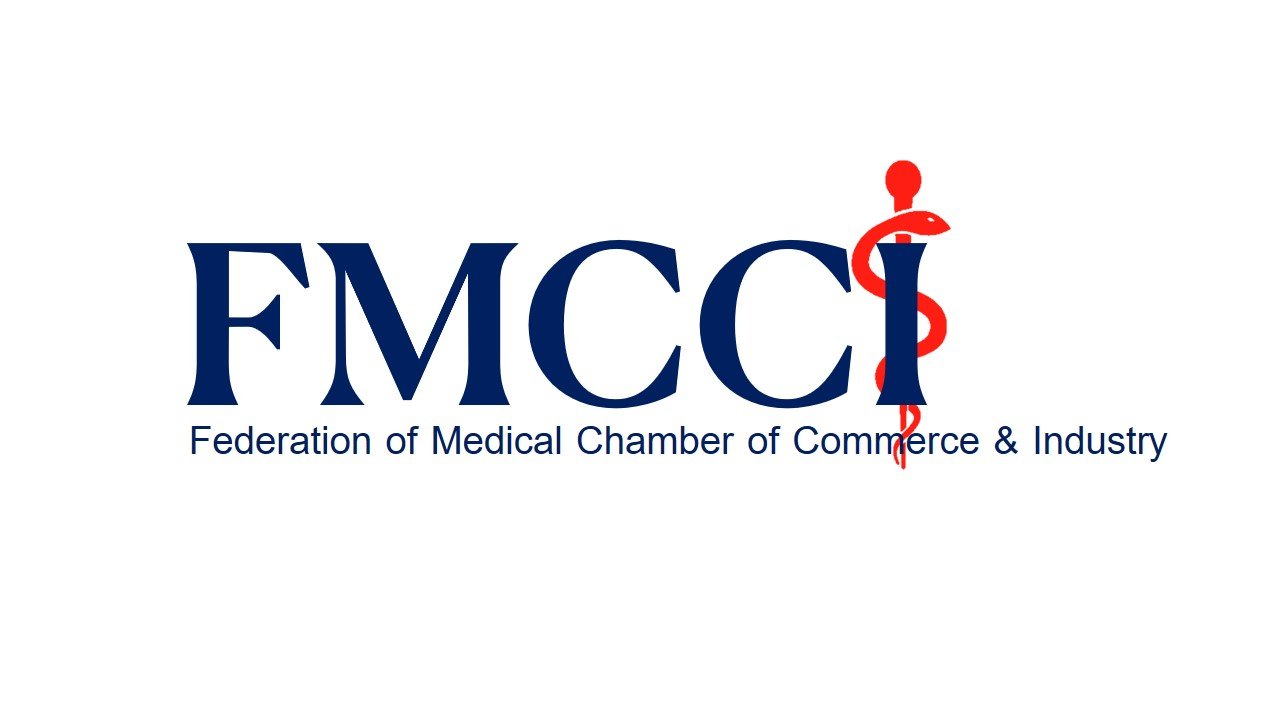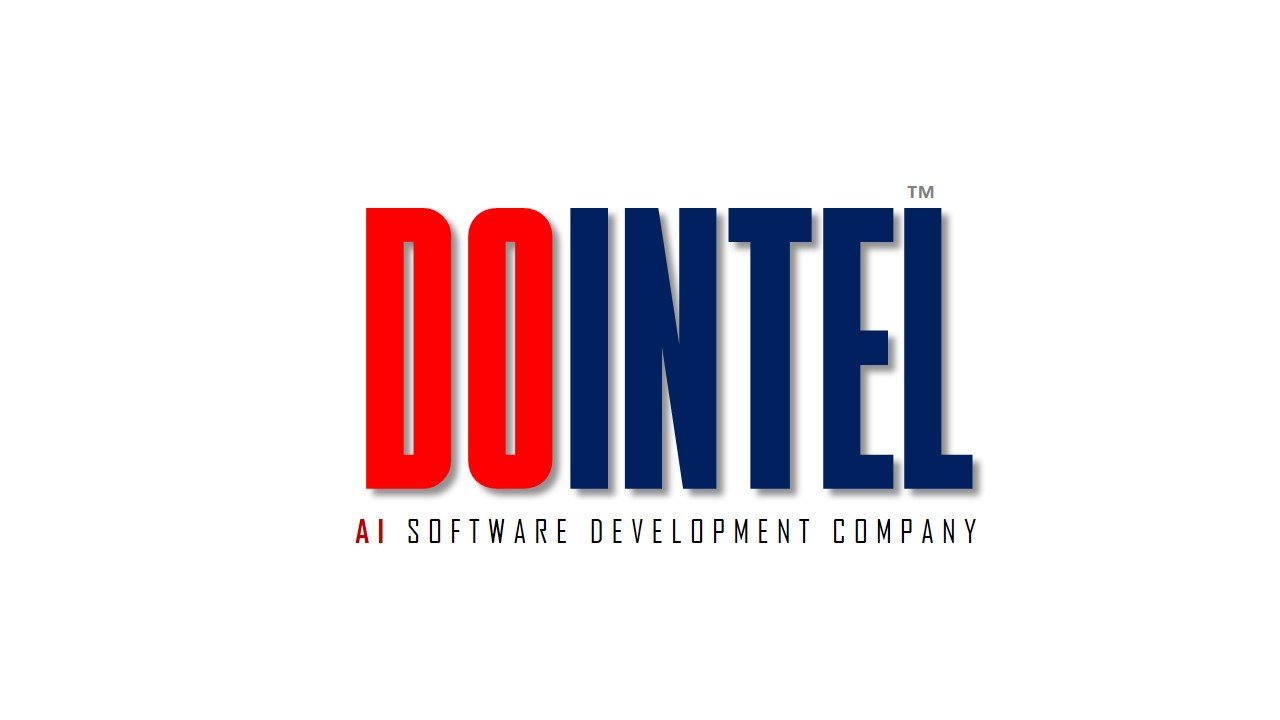Leadership Excellence
In a world that is rapidly evolving due to technological advancements, globalization, and shifting workplace dynamics, leadership is more critical than ever. Leaders today must navigate complexities that require a blend of traditional leadership traits and modern skills. The leaders of tomorrow are not just those who manage teams but those who inspire, innovate, and transform organizations. Developing the skills of future leaders is no longer optional; it is an imperative for sustainable success.
The Changing Landscape of Leadership
Traditional leadership models focused on hierarchical structures and command-and-control styles. While some of these elements remain relevant, the modern workplace demands adaptability, inclusivity, and empathy. Leaders must be equipped to handle remote teams, diverse workforces, and constant disruption.
- Technological Revolution: The Fourth Industrial Revolution has introduced artificial intelligence, automation, and big data, requiring leaders to be tech-savvy and future-oriented.
- Globalization: Cross-cultural management and international collaboration are now key components of leadership.
- Employee Expectations: Employees today value transparency, autonomy, and purpose, necessitating leaders who are empathetic and inclusive.
Core Skills for Tomorrow’s Leaders
To excel in leadership roles, individuals must focus on developing a mix of technical, interpersonal, and strategic skills. Below are some of the key competencies future leaders must cultivate:
1. Vision and Strategic Thinking
Great leaders are visionaries. They foresee challenges, identify opportunities, and create a roadmap for success. Strategic thinking involves analyzing trends, understanding market dynamics, and aligning organizational goals with the broader environment.
Actionable Tips:
- Stay informed about industry trends through continuous learning.
- Develop the ability to analyze data and make informed decisions.
- Practice long-term thinking while remaining flexible to adjust strategies.
2. Emotional Intelligence (EQ)
Emotional intelligence is the ability to understand and manage one’s emotions while effectively navigating interpersonal relationships. Leaders with high EQ foster positive work environments and drive team collaboration.
Components of EQ:
- Self-awareness
- Self-regulation
- Empathy
- Social skills
How to Develop EQ:
- Seek feedback from peers and mentors.
- Practice active listening.
- Engage in mindfulness exercises to improve self-awareness.
3. Adaptability
In a fast-paced world, adaptability is crucial. Leaders must embrace change, encourage innovation, and remain resilient in the face of uncertainty.
Action Steps:
- Embrace lifelong learning to stay ahead of technological advancements.
- Cultivate a growth mindset to view challenges as opportunities.
- Encourage team members to share innovative ideas and solutions.
4. Inclusive Leadership
Diverse teams are proven to be more innovative and productive. Inclusive leaders leverage the strengths of a diverse workforce to foster creativity and drive results.
Key Practices:
- Promote open communication and respect differing viewpoints.
- Actively address unconscious biases through training and awareness programs.
- Build a culture of belonging where everyone feels valued.
5. Decision-Making and Problem-Solving
The ability to make sound decisions quickly is a hallmark of great leadership. Leaders must balance analytical thinking with intuition to solve complex problems.
Strategies to Improve Decision-Making:
- Use data and evidence-based approaches.
- Involve team members in brainstorming solutions.
- Learn from past experiences to refine decision-making processes.
6. Digital Fluency
As organizations integrate digital tools into their operations, leaders must be proficient in understanding and leveraging technology to drive efficiency.
How to Build Digital Fluency:
- Stay updated on emerging technologies relevant to your industry.
- Encourage digital transformation within your team.
- Use analytics tools to measure and enhance team performance.
Developing Leadership Excellence
Developing the skills of tomorrow’s leaders is not a one-size-fits-all approach. It requires a combination of formal education, practical experience, and mentorship. Organizations and individuals alike must invest in leadership development.
Organizational Role in Leadership Development
Organizations play a pivotal role in fostering leadership excellence. By creating a culture that values learning and growth, they ensure a pipeline of capable leaders.
- Leadership Training Programs: Offer workshops, seminars, and certifications focused on leadership skills.
- Mentorship Opportunities: Pair emerging leaders with experienced mentors who can provide guidance and insights.
- Diversity Initiatives: Promote diversity and inclusion at all leadership levels to encourage fresh perspectives.
Individual Commitment to Growth
Aspiring leaders must take personal responsibility for their development. This includes self-reflection, seeking feedback, and stepping out of comfort zones.
- Continuous Learning: Pursue professional development opportunities such as online courses or advanced degrees.
- Networking: Build relationships with industry peers and thought leaders to gain new perspectives.
- Taking Initiative: Volunteer for challenging projects to gain experience and showcase leadership potential.
The Future of Leadership: Trends to Watch
The leadership landscape will continue to evolve, influenced by technological advancements and societal changes. Here are some trends shaping the future of leadership:
- Remote and Hybrid Work Leadership: Managing dispersed teams will require leaders to excel in virtual communication and team building.
- Sustainability and Social Responsibility: Future leaders must prioritize ethical practices and contribute to societal well-being.
- AI-Driven Decision-Making: Leaders will increasingly rely on artificial intelligence for insights, requiring a balance between human judgment and technological inputs.
FAQs
1. What is the most important skill for future leaders?
While all leadership skills are important, adaptability stands out as the most critical. In a rapidly changing world, leaders who can embrace change and guide their teams through uncertainty will thrive.
2. How can organizations identify potential leaders?
Organizations can identify potential leaders by assessing traits such as vision, emotional intelligence, and resilience. Implementing leadership development programs and mentorship opportunities can further nurture these individuals.
3. How does digital fluency impact leadership?
Digital fluency enables leaders to leverage technology for better decision-making, efficient processes, and innovative solutions. It ensures they remain competitive and can drive digital transformation within their organizations.
Conclusion
Leadership excellence is not about maintaining the status quo; it is about leading with vision, empathy, and innovation. The skills of tomorrow’s leaders are rooted in adaptability, inclusivity, and technological savvy. Both individuals and organizations must commit to continuous growth to meet the challenges of a dynamic world. By cultivating these skills, we can ensure a future filled with leaders who inspire change and drive success.








Add a Comment